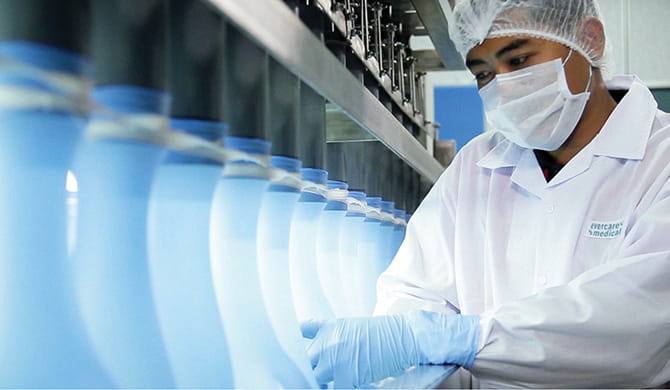Responsible sourcing
Responsible sourcing is a key focus area for Evercare Medical and we have extensive experience and a long history of working with Human Rights. To ensure compliance with our conditions with third-party manufacturers, we have since 2012, our own local team of CSR experts in China.
Evercare Medical applies a systematic approach to ensure that our suppliers globally operate in line with our Supplier Code of Conduct. We screen all suppliers and third-party manufacturers according to social and environmental sustainability requirements (SA 8000). The audits examine risks related to human rights, forced labour, migrant labour and heavy manual labour, among other issues. Risk assessments are carried out on all new suppliers and third-party manufacturers according to our due diligence procedure and it covers both integrity and human rights and considers sanctions legislation in the evaluation. In specific cases, we also make risk assessments for certain products based on a country's risk profile, which in turn is assessed through our country risk assessments.

Through the product and/or commodity risk assessment, we can identify salient risks and prioritize our efforts. For example, our commodity risk assessment for cotton products showed that we had insufficient visibility into the labour conditions, and we had to implement a solid traceability process to be able to capture the second and third step of the supply chain. Cotton is a commodity with high-risk on human rights since it is still a manual process to harvest it in many places. Today we use Isotope test technologies to verify the origin of the fiber in finished or semi-finished products.
Evercare Medical actively collaborates with suppliers to improve conditions throughout the value chain and strives for 100% traceability and transparency. Through collaborative efforts and with the Responsible Business Alliance (RBA), manufacturers have taken proactive measures to ensure fair compensation for migrant workers, particularly concerning recruitment fees. In cases where negative social impacts have been identified, we have taken decisive action to remedy the situation and support affected workers. In some cases, we have introduced a helpline to facilitate a dialogue between migrant workers and their employers, promoting transparency and accountability.
Through the Ethical Trading Initiative (ETI), we engage in ongoing reporting, sharing activities, risks and progress with both customers and other manufacturers to foster a collective commitment to ethical sourcing and continuous improvement.







